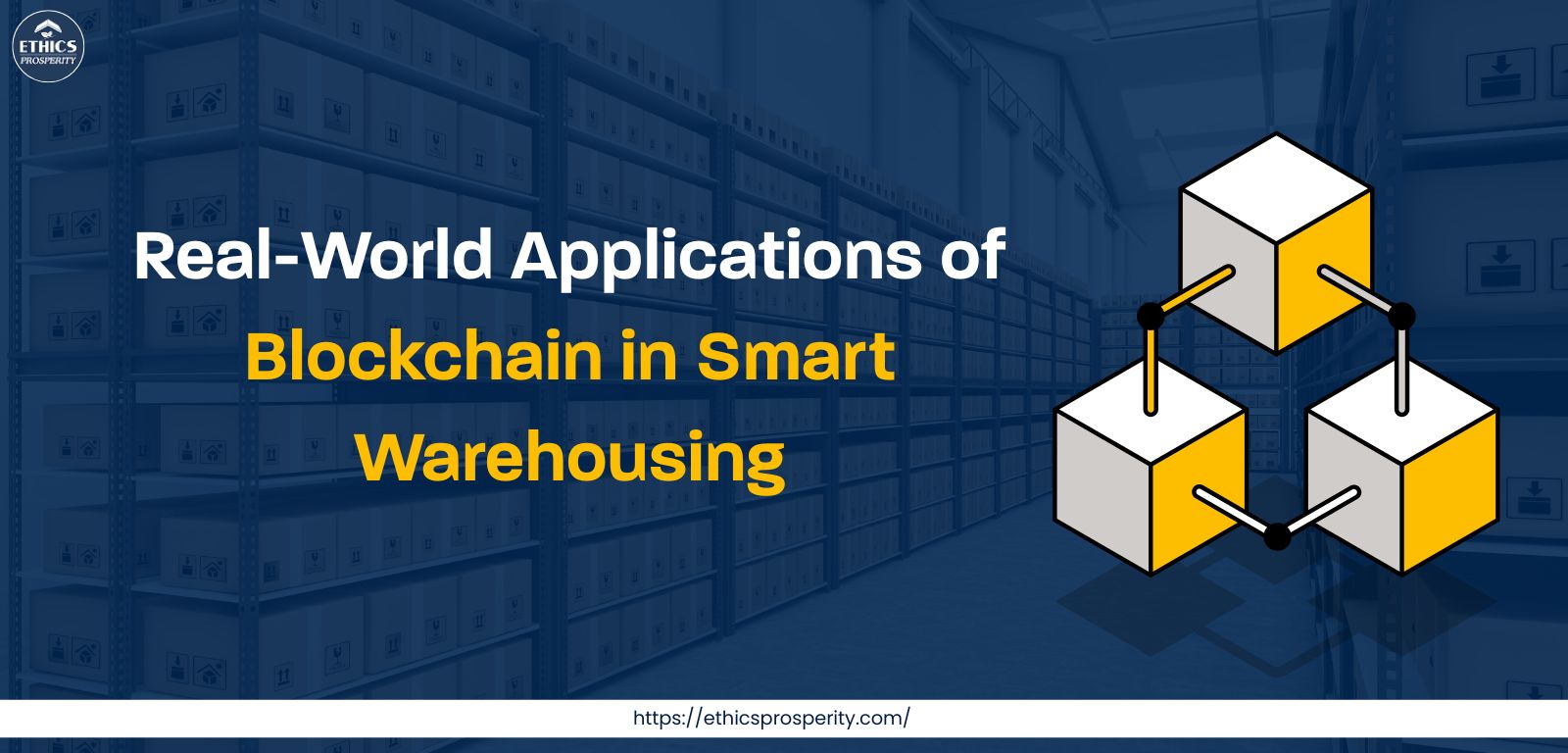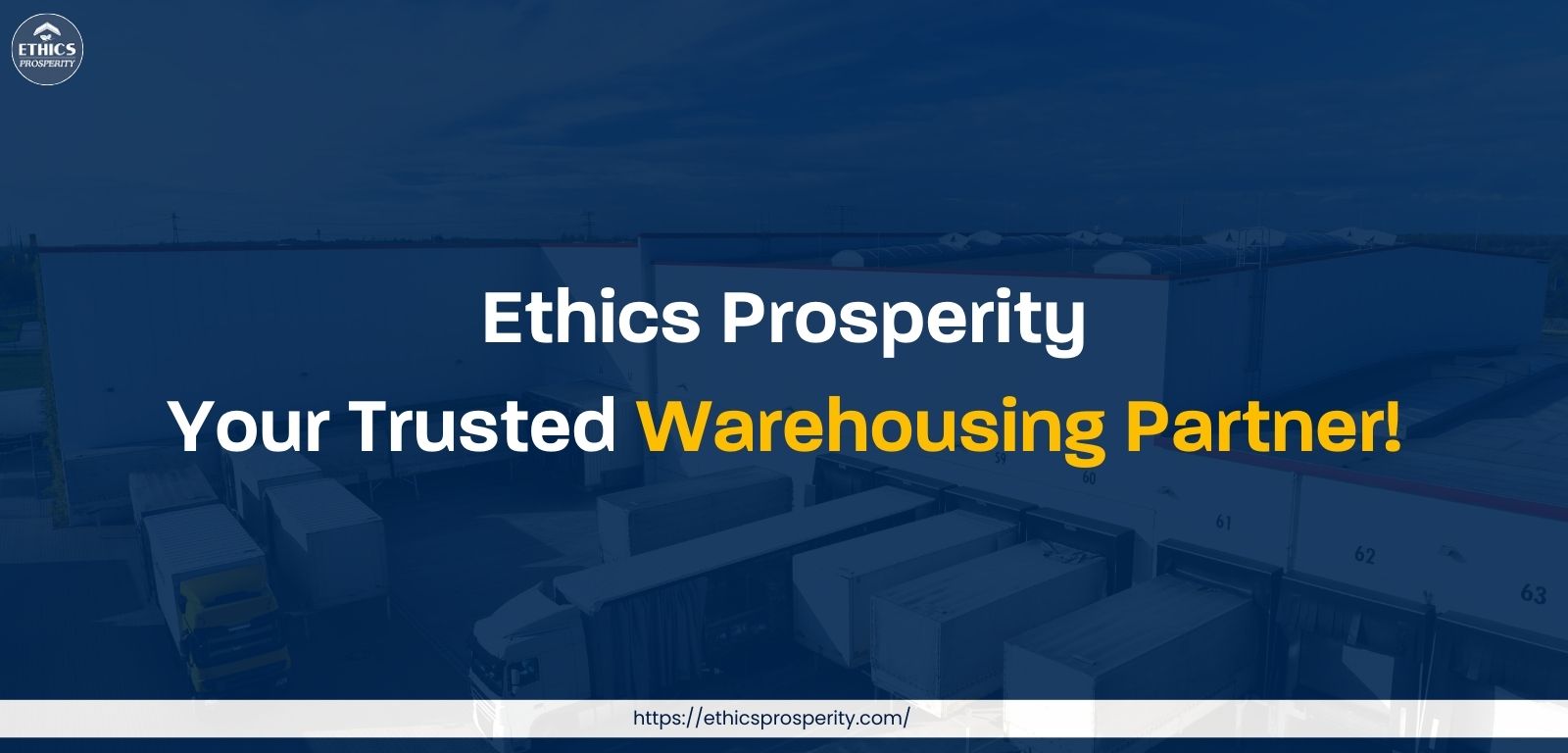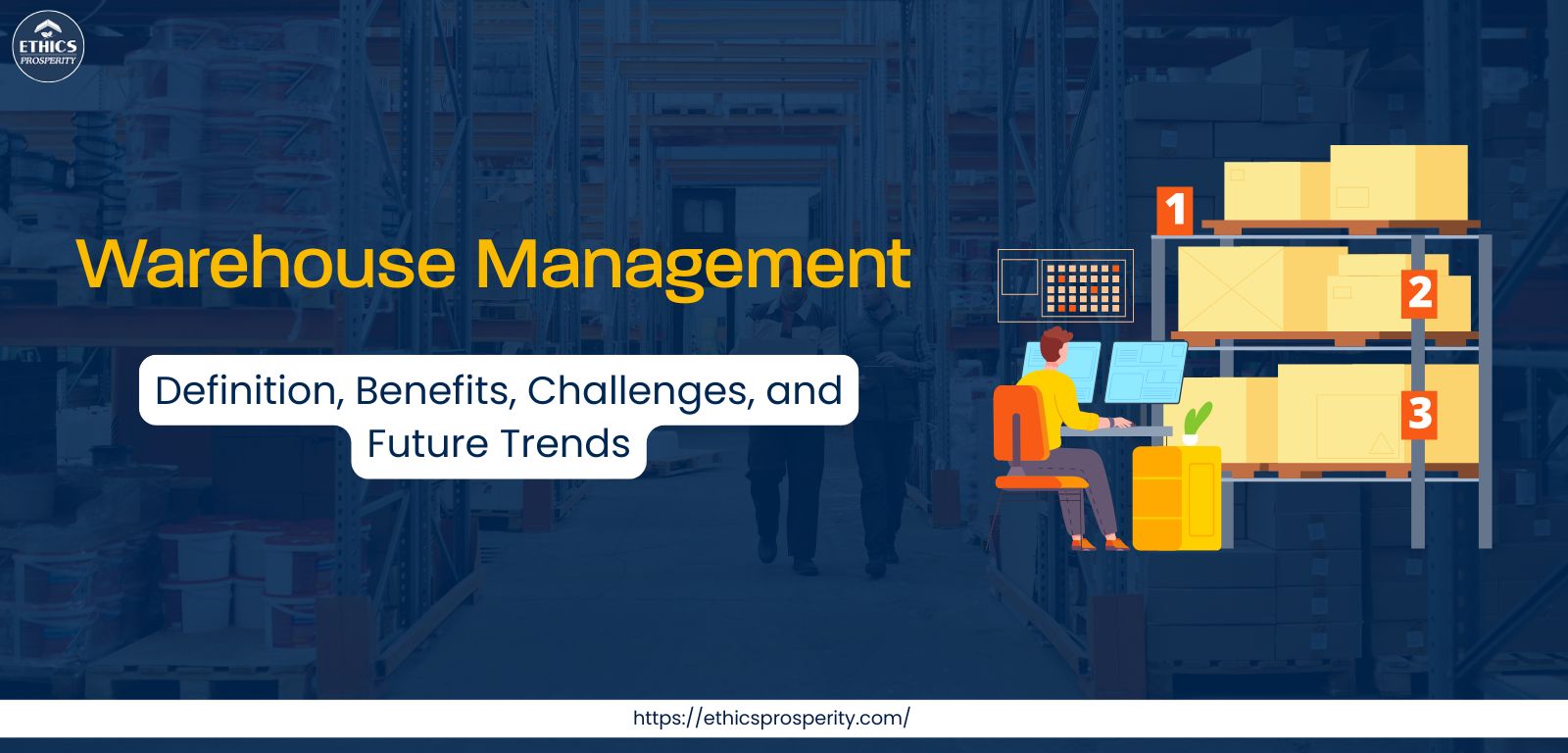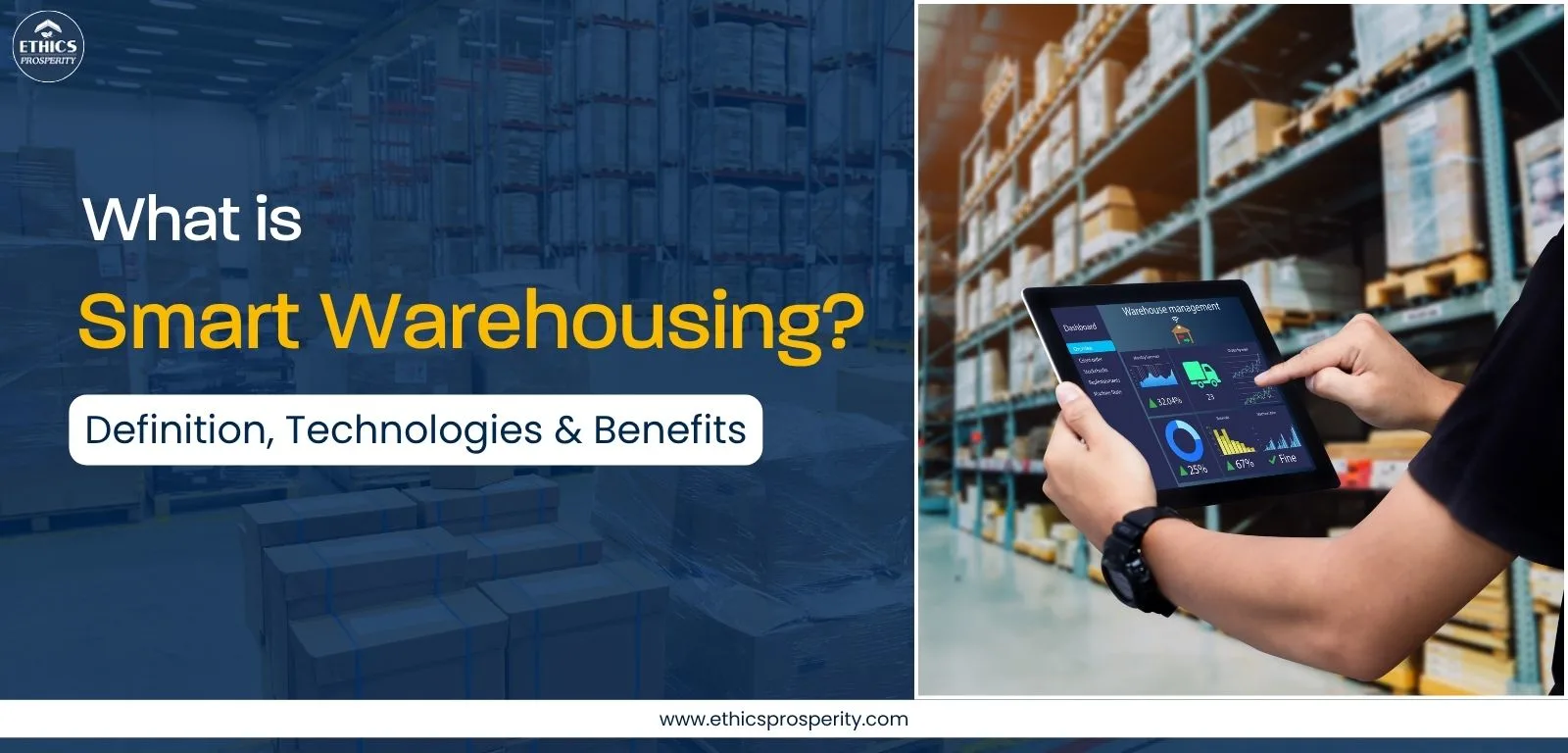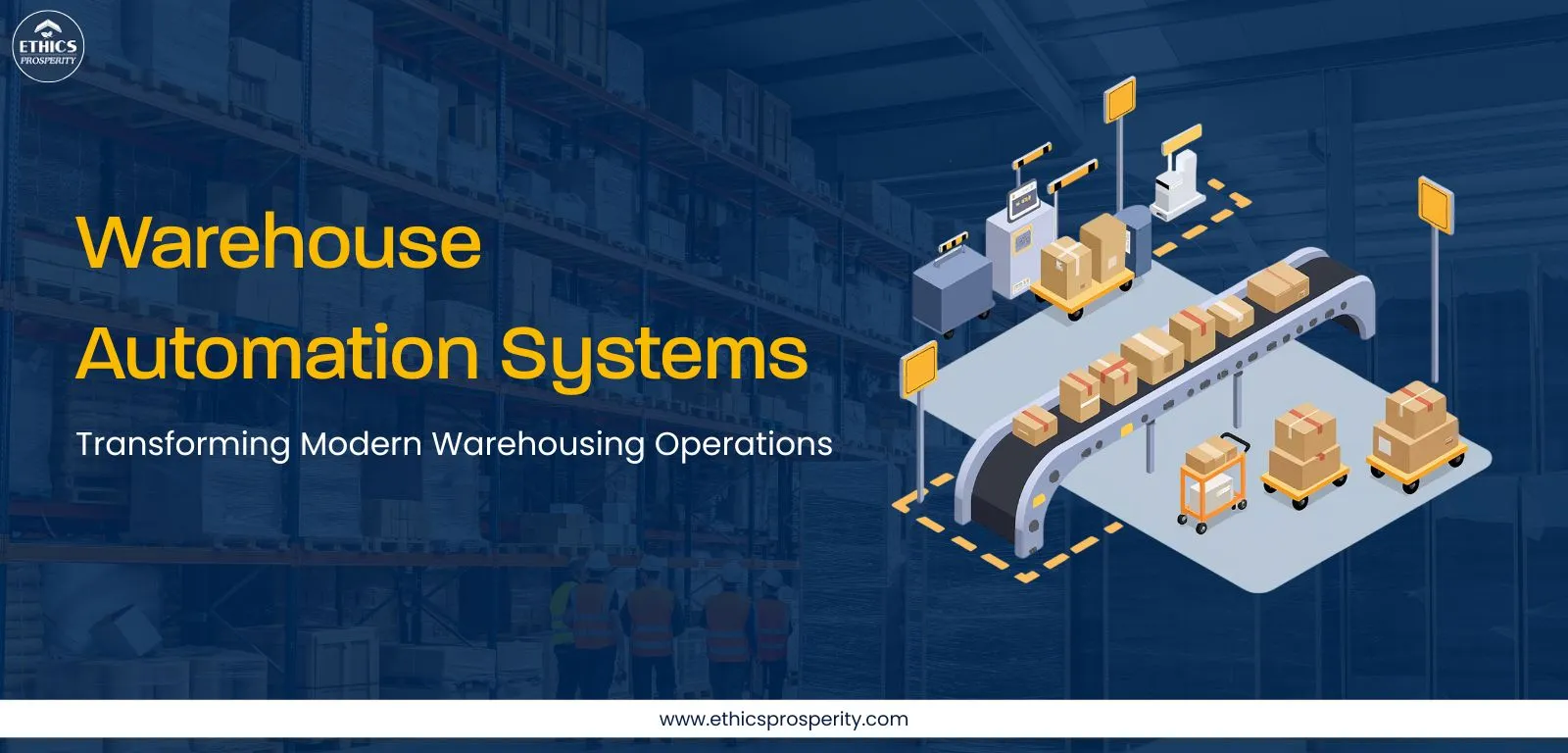Warehousing has always been at the heart of end-to-end supply chain management, but traditional systems often suffer from inefficiencies, a lack of visibility, and high costs. As industries adopt digital-first strategies, one technology stands out: Blockchain in Smart Warehousing.
By leveraging blockchain’s decentralized, immutable ledger, companies can achieve real-time visibility, transparency, and automation across warehouse operations. For supply chain companies in India, adopting blockchain is not just about technology—it’s about building resilience, trust, and scalability in an era defined by quick commerce, global trade, and sustainability.
Understanding Blockchain in Warehousing
Blockchain is a decentralized digital ledger that records transactions across multiple computers in a secure, tamper-proof way.
In warehousing, blockchain ensures:
- Traceability: Every inventory movement is recorded and visible across stakeholders.
- Trust: Immutable data prevents fraud and ensures accountability.
- Efficiency: Smart contracts automate manual processes.
This transformation is especially important for industries like FMCG, pharma, e-commerce, and automotive, where reverse supply chain and cold chain logistics are critical.
Benefits of Blockchain in Warehouse Operations
- Transparency: Every stakeholder has access to a single source of truth.
- Reduced Costs: Eliminates intermediaries and minimizes paperwork.
- Faster Operations: Smart contracts trigger automatic workflows.
- Enhanced Security: Immutable records protect against tampering.
- Sustainability: Tracks carbon footprint and regulatory compliance.
For warehouse companies in India, these benefits drive competitive advantage and ensure alignment with global supply chain standards.
Top Real-World Applications of Blockchain in Smart Warehousing
1. Inventory Tracking & Traceability
Blockchain enables real-time visibility of stock levels, movements, and demand signals. It supports SCM vs Logistics integration, ensuring seamless coordination between warehousing and transportation.
2. Smart Contracts for Automated Operations
Automating procurement, replenishment, and billing reduces delays. Payments are triggered only after delivery and verification, reducing disputes.
3. Supplier & Vendor Verification
Authenticates suppliers, ensuring compliance with ESG and quality standards. Essential for custom warehousing contracts.
4. Cold Chain Monitoring (Pharma, FMCG, Food)
IoT sensors integrated with blockchain track temperature, humidity, and location. Crucial for FMCG in supply chain and pharma storage.
5. Product Authentication & Anti-Counterfeiting
Ensures originality of luxury goods, electronics, and medicines by verifying authenticity.
6. Real-Time Freight & Shipment Tracking
Combines blockchain with GPS and IoT for end-to-end supply chain visibility—from factory to warehouse to customer.
7. Digital Payments & Billing Transparency
Smart contracts simplify invoicing, reducing financial disputes between shippers, carriers, and 3PL providers in supply chain.
8. Returns & Reverse Logistics Management
Streamlines returns in e-commerce and quick commerce models, ensuring traceability of returned goods.
9. Warehouse Robotics Integration
Robots using blockchain-based task allocation ensure error-free picking, packaging, and dispatching.
10. Sustainability Tracking (Carbon Footprint, Compliance)
Blockchain helps companies prove compliance with ESG norms, track carbon footprint, and align with global standards.
Challenges in Implementing Blockchain in Warehousing
- High Initial Investment: Technology and infrastructure costs are significant.
- Integration Issues: Legacy systems often lack compatibility.
- Skill Gaps: Workforce training is required for blockchain adoption.
- Scalability Concerns: SMEs and smaller warehouse companies in India may struggle with rollout.
Future Outlook: Blockchain-Powered Smart Warehouses
The future of warehousing is connected, transparent, and automated. With blockchain, warehouses will:
- Enable end-to-end supply chain management integration with reverse logistics.
- Provide real-time data for supply chain planning and forecasting.
- Enhance collaboration between 3PL in supply chain providers and manufacturers.
Blockchain is no longer optional—it’s a strategic investment for businesses looking to thrive in a rapidly evolving supply chain ecosystem.
Conclusion
Blockchain is redefining warehouse operations by enabling traceability, automation, and trust. For supply chain companies in India, it represents a unique opportunity to transform traditional warehouses into smart, sustainable, and future-ready hubs.
By integrating blockchain into custom warehousing, quick commerce models, reverse supply chain management, and sustainability tracking, businesses can position themselves as global leaders in supply chain innovation.
